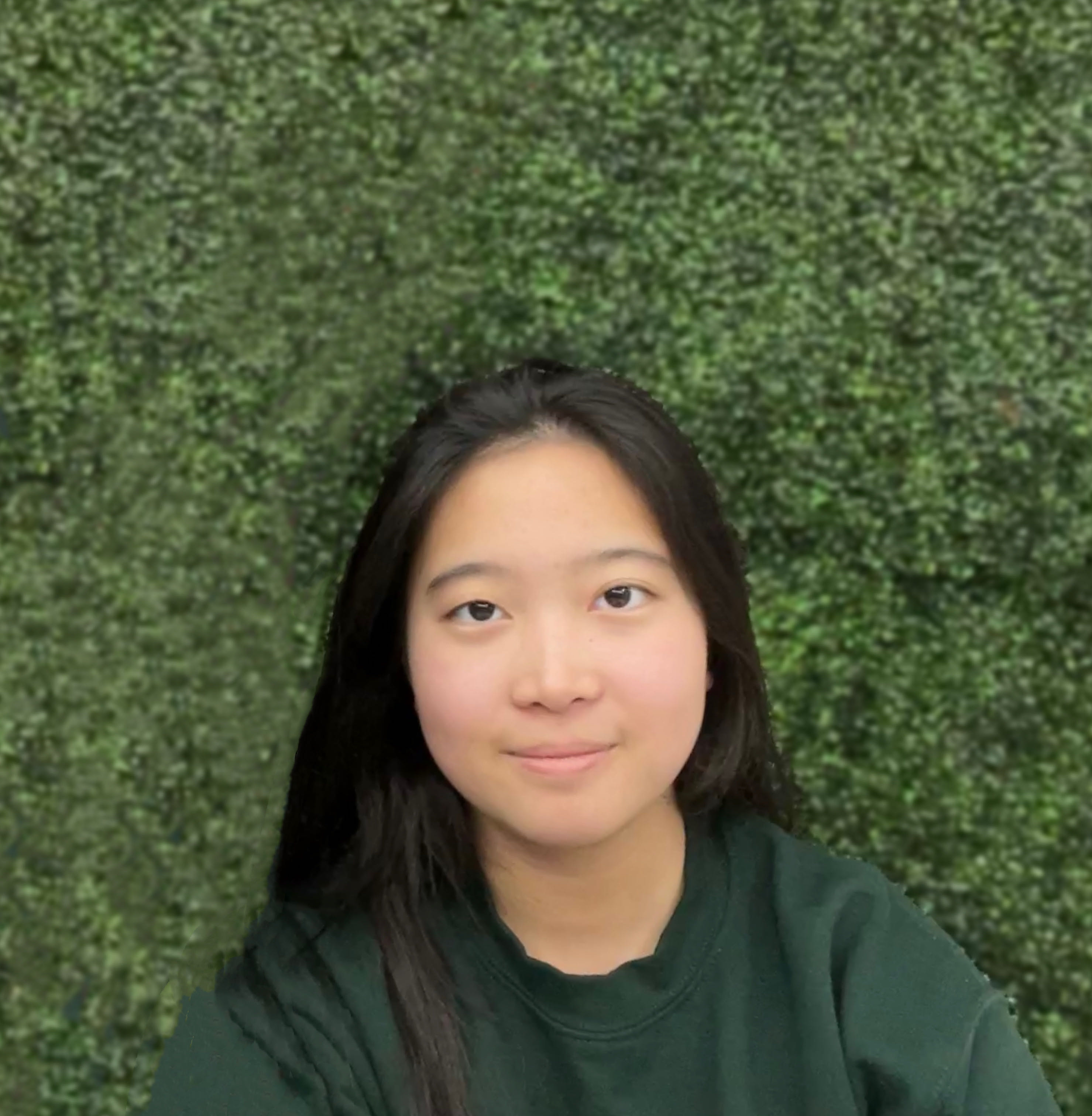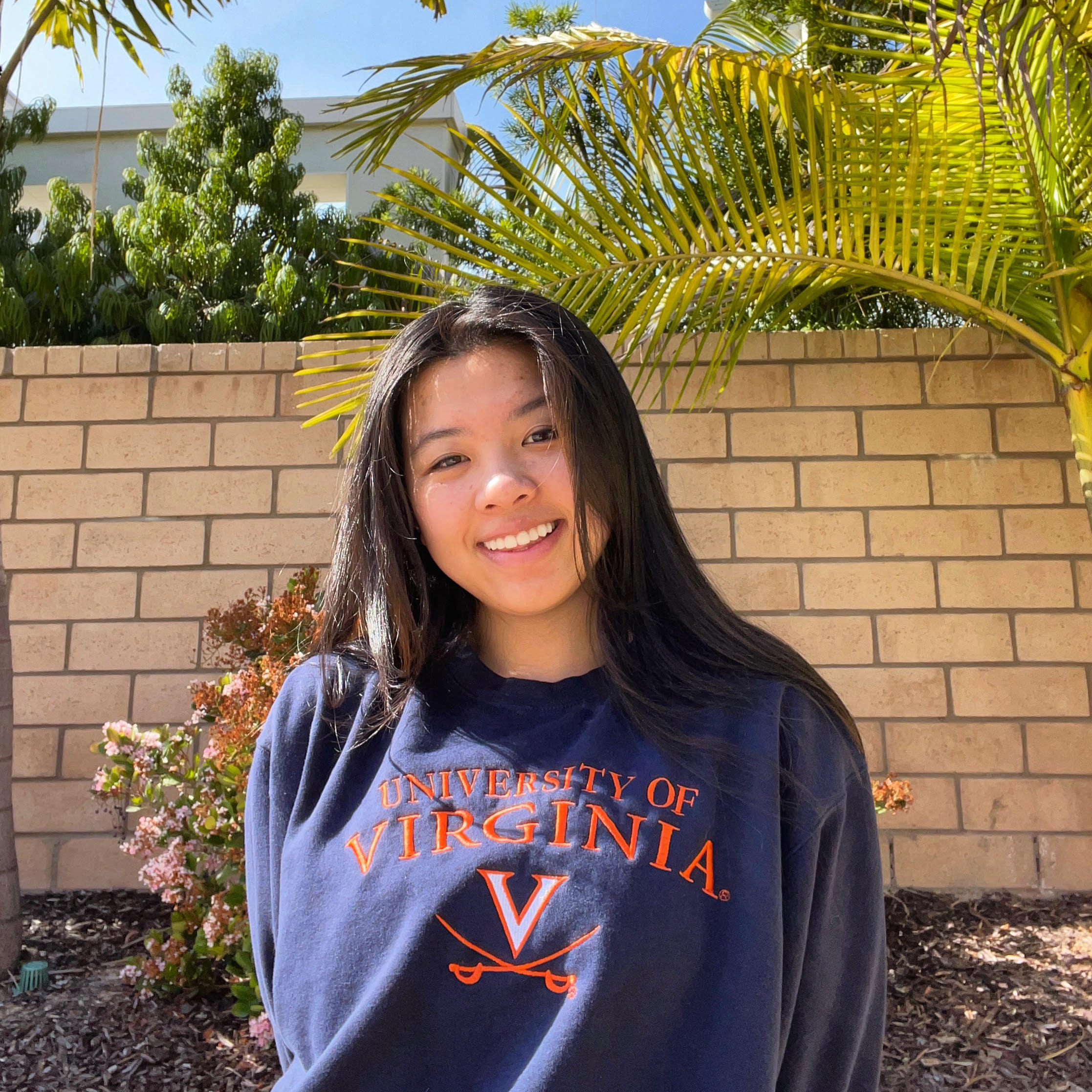Class Web Site
Refer to the class web page for up to date information. However, announcements made in class always supersede any information given on the class web page.
Location and Time
Section 3: MWF 10:00-10:50 AM
Course Instructor
|
Section 3 |
Teaching Assistant
|
Troy Meink tbd Telephone: tbd E-mail: ked6na(at)virginia.edu |

|
Christine Qian tbd Telephone: tbd E-mail: jnd8vu(at)virginia.edu |

|
|
Olivia Yang tbd Telephone: tbd E-mail: uge8pq(at)virginia.edu |

|
||
Grader
|
Abigail Sublett E-mail: zdn3db(at)virginia.edu |

|
Office hours and Location
Office hours are available as a resource for questions about the text, lectures, and homework exercises.
Teaching Assistant office hours found at
link .
Dukes office hour times are below. Location is by Zoom (link can be found on UVACollab.
| Mon | Tue | Wed | Thu | Fri | |
|---|---|---|---|---|---|
| Dukes (121 HEP): | 5-6 pm | 5-6 pm |
Text and Mastering Physics

We will be using Giancoli, Physics for Scientists and Engineers, 5th Ed.
Note that there are other Giancoli texts with similar names. Do not buy those texts!
This book is offered through UVA BookStorei's Inclusive Access program. ALL students enrolled in the class will have immediate access to your digital course materials through UVA Collab for the first 2 weeks of class for free starting one week prior to semester start. After the Add/Drop deadline, your student account will be charged ~$70. If you choose to drop the course, there will be no charge to your account. On the other hand, if you stay with the course, you must convert to a paid subscription to avoid interruption of accessing to HW. This inclusive access program is optional but if you choose to acquire your textbook elsewhere, you must opt out by the Add/Drop deadline to avoid being charged and you will lose online access after you opt out. Due to the special pricing, no refunds can be processed. This program aims to offer all students accessibility and affordability. If you have any questions regarding the program, please email UVAInclusiveAccess@virginia.edu
We will use Modified Mastering Physics to administrate the online portion of the homework assignments. Whne you register for Mastering Physics you will be prompted for an ID. Use your uVA-assinged email ID, not any other ID or email account.
For more on Inclusive Access click
here for a short write-up.
For a video that explains how to register for Inclusive Access and to register
for Mastering Physics click
There are a lot of other similar textbooks written by Giancoli.
Warning:
-
If you decide to rent a textbook or buy a used copy, you will also need to purchase the Modified Mastering Physics homework access card separately. The separate code is available for purchase in the UVA bookstore. However, please note that the combined cost of the rented/used book and the access code may be more expensive than buying the new book/access code package in the bookstore because of the special price negotiated with the publisher Pearson.
-
I strongly suggest that you do not purchase your access codes from any site other than the UVA store or Pearson. Many of the codes sold on Amazon Marketplace and like sites are defective or already activated and will not work. You will then need to purchase a second code, causing greater expense and a delayed start to the semester.
Exercises (Homework) Mastering Physics
Physics, like any other mental or physical endeavor, cannot be learned without practice, which is the purpose of the exercises that will be assigned weekly. MasteringPhysics is a Web-based learning and tutorial interface developed by physics teachers. It has an excellent record for improving student problem. Late submissions will be accepted with an automatic score reduction on the assignment. Get your work in early: a down internet connection will not be accepted as an excuse for a problem set to be forgiven.
How to Register
Instructions on how to register can be found here. Register here.You will need to register:
- Course ID: dukes32681
- Access code: This you get with Inclusive Access; otherwise you need to buy it directly from Mastering Physics when you first register.
- An email account: You should use your UVa email account if at all possible, although this is not manditory.
- UVa computing ID. You will be asked for this. Make sure you use your UVa computing ID, e.g., the part before "@virginia.edu", and not a Gmail account.
Note that the Modified Mastering Physics we are using allows students to create an account for two weeks until you are prompted to enter your access code. To do so please register into the program and on the screen, where you enter the access code, look down towards the bottom of your screen and you will see an option for choosing "temporary" (2 week) access.
Problems with MasteringPhysics or Learning Catalytics:
- Pearson support link
- Pearson Support (students): 1-833-585-1828
- Pearson Support (faculty): 1-800-922-0579
Upgrading from Temporary Access:
- See instructions here
If you need a refund
- click here.
Exercises (In-Class) Learning Catalytics
Problems will be given during class, where your response will be recorded using Learning Catalytics. In order to do so you will need to bring to each class either a laptop, tablet, or smart phone in which to record your responses.
You will need an account with Learning Catalytics. Instructions on how to get an account and how to start a session are found here. Note:
- Do not go to the Learning Catalytics website and create a separate Learning Catalytics account.
- Join Learning Catalytics sessions from your Mastering Physics home page.
If you need help with Learning Catalytics contact support here.
For each problem you will receive 70% for any answer, and another 30% for getting it right. In order to account for illness, forgotten or malfunctioning laptops, tablets, or smart phones, and other unavoidable absences, you are allowed 5 pre-excused absences in which a zero for your in-class scores are forgiven.
Learning Catalytics in-class scores are available on Mastering Physics. It is your responsibility to make sure that yours are being recorded properly. Should you have any problems with your Learning Catalytics, please contact the grader: do not contact either of the course instructors.
Midterm Exams
The midterms will be given in class.
Exams are multiple-choice, closed-book and problem-oriented.
Formulas and constants will be provided for the midterm and final exams and posted ahead of time. You may not bring your own.
If you miss an exam without a valid excuse, you will receive a score of zero. Valid excuses include university-sponsored travel, serious illness, personal crises, and other emergencies. Except in the case of emergencies, you must contact your instructor prior to the exam to approve your absence. Supporting documentation from your doctor or dean may be required. If approved, you will be exempted from the exam, with the other scores that go into your final grade reweighted accordingly.
Final Exam
Assessment
|
5% 25% 20% 25% 25% |
In-Class exercises Homework assignments (chapter summaries & Mastering Physics assignments with SYW) Weekly quizzes Midterms Final exam |
At the end of the semester, your numerical grade will be converted to a letter grade. The grading thresholds (the cutoff grade for A, B, C, etc) follows roughly the default Collab values. Midterm and final exams are never curved down, but sometimes curved up depending on the difficulty level of the exams.
Historically, roughly 40% of those who complete the course may receive A (including A+, A, A-), and the class average has been between B and B+ (class GPA between 3.0 and 3.3).
Attendance
You should attend class as many studies have shown that students who do poorly as those who have missed the most classes. Also, in-class questions are given during class and represent 5% of your class grade.
Attendance will be taken for each workshop session (group activities). Attending 10 out of 12 such group activity sessions will earn you full attendance grade, which will contribute to a small portion of your 20% quiz grade. By the end of the semester, those of you who fill out the course evaluation will have the lowest HW grade exempt from the final grade. Additionally, each of you will receive a "free pass" on quizzes which means one of the weekly quizzes is exempt. This should take care of occasional illness or other unexpected absences. Please note that Chapter Summaries are not excused.
Incompletes are not given for the course; if for whatever reason you cannot keep up with the course requirements, then you are expected to withdraw from the course.
Academic Integrity
You are encouraged to work with your classmates on the online homework assignments. Peer-to-peer teaching can be one of the most effective forms of instruction. However, submission of solutions by groups or direct copying of solutions from the internet or another student is not acceptable (and a poor strategy). Talk to your friends about how to do a problem, but make sure you actually do it yourself!
Be aware that MasteringPhysics has online tools to detect cheating. If evidence suggests an assignment was copied, it will be assigned a score of zero. Repeated offenses may be reported to the Honor Committee.
For midterm and final exams, you must work by yourself. Collusion with other students or use of non-allowed resources is a clear violation of the honor code. If you cheat, you will be assigned a score of zero on the exam and reported to the Honor Committee.
Course Rules
For Instructors/TAs
- How to present from laptop and access classroom mics and cameras link
